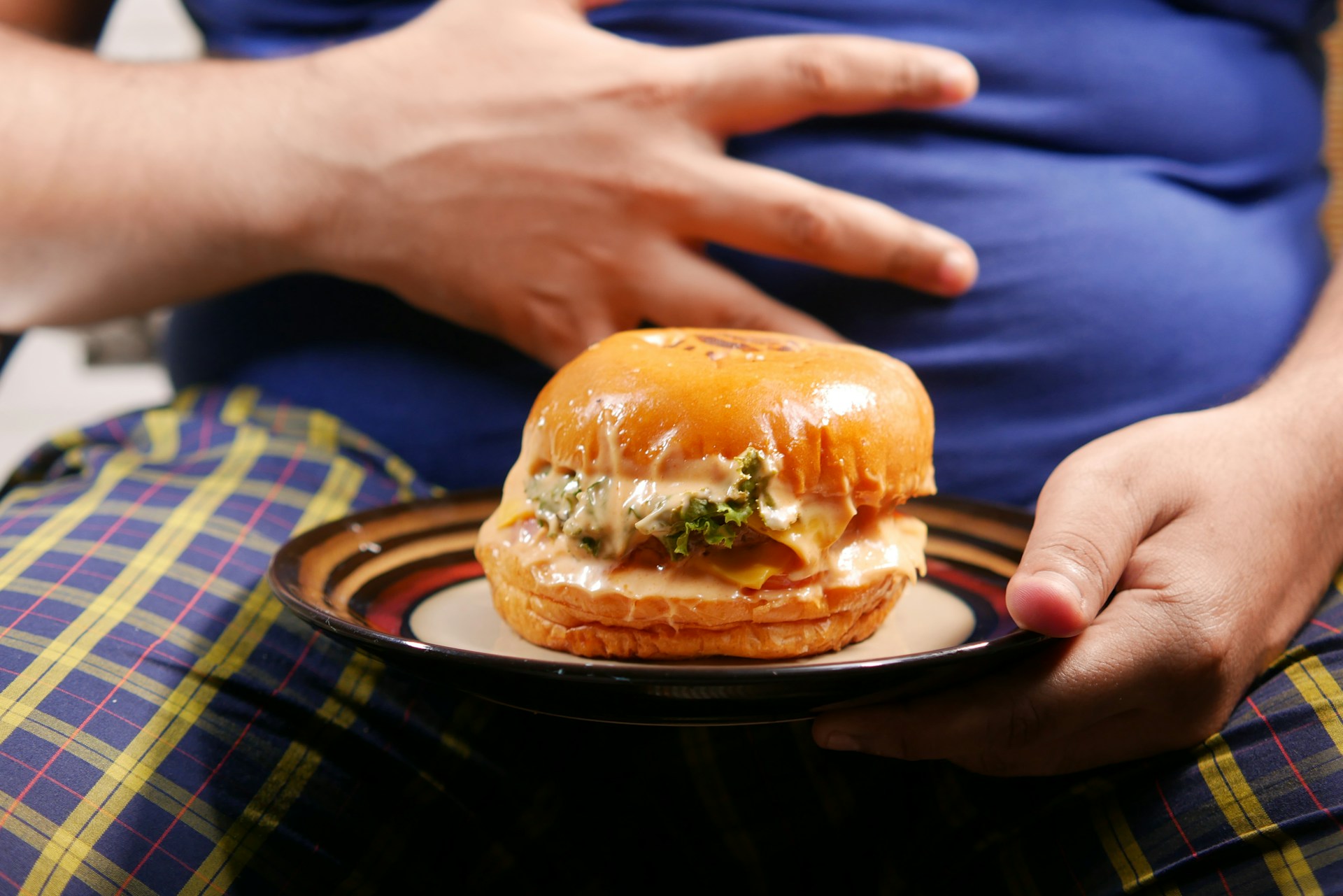You already know about junk food. We know it’s bad for our health, but we cannot stop eating it. From deep-fried fast food greasing the racks of your nearest food outlets to ultra-processed overrunning the shelves of supermarkets, it’s everywhere, pervading all aspects of our lives.
The Junk Push (warning: large PDF) is a report on an extensive study published in June 2023 to gauge the ill effects of the rising ultra-processed food consumption in India and suggest ways to remedy it. When I read it last year, I was shocked to find foods I consumed daily that I wouldn’t consider junk. Seemingly innocent things.
The documentary Hack Your Health: The Secrets of Your Gut is another gem on the topic. It has changed the way I perceive and consume outside food, even from good restaurants.
Cold drinks – junk (too much sugar)
Packaged juices – junk (sugary water with fruit flavors)
Maggi noodles – junk (excessive sodium and preservatives)
Brown bread – junk (artificial color and too much maida (refined flour))
Chips, cakes, biscuits – literally anything inside a sealed packet – all junk junk junk
Junk food is engineered food-like substances created in labs and replicated in factories with the sole purpose of making them addictive. And the way they are put front and center in shops and supermarkets, it’s not hard to see why so many people fall into its trap.
As a family, we’ve cut down heavily on most forms of junk, though we occasionally do succumb to indulgences. I have made it a mission to rid my body of all ultra-processed food and keep it that way for the rest of my life. I’ve had my fair share of junk. I will be picking up the book Ultra-Processed People: The Science Behind Food That Isn’t Food soon to aid in my mission.
What about junk content?
Like junk food, ultra-processed junk content is highly addictive, adds zero value, and makes us mentally sick. It robs us of our true potential by luring us into giving away our most valuable asset – time. The time we could have used to do deep, meaningful work is spent furiously checking messages (emails, Slack, WhatsApp) and scrolling through infinite streams of content (social media, Facebook, Instagram, TikTok).
This is the central message of the Deep Questions podcast episode Ultra-Processed Content, and one that clicked with me instantly. I’ve been Facebook and Twitter-clean for a while now, and use LinkedIn only to share interesting thoughts or learn from others. I have built a system that prevents me from falling into the junk content trap, although I’ll admit it’s not 100% foolproof. But it works and allows me to do deep work every day.
What’s your take on junk food and junk content?
